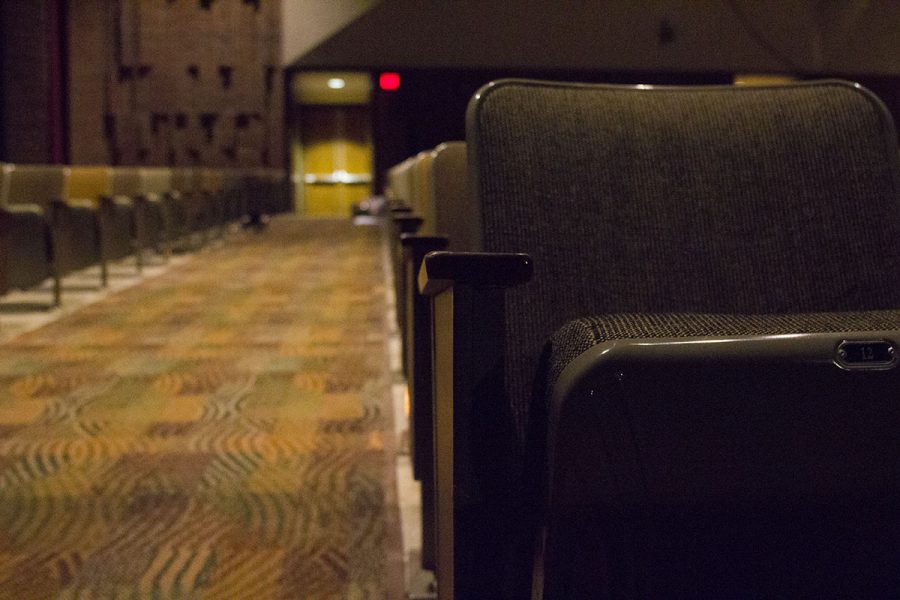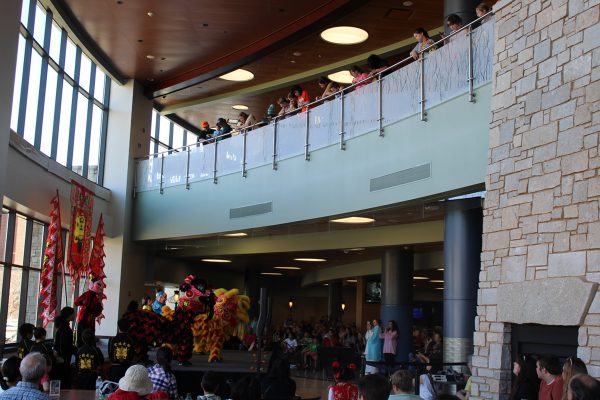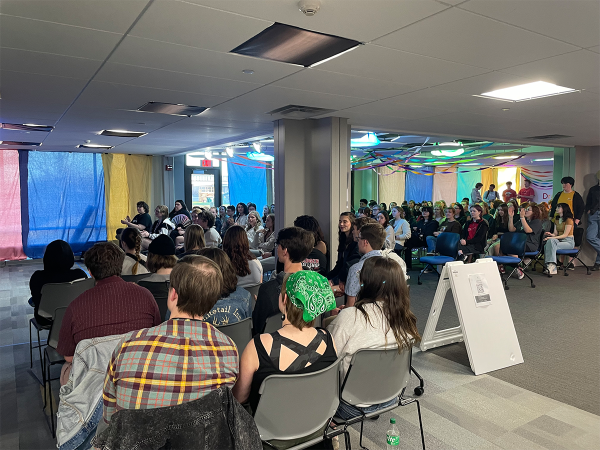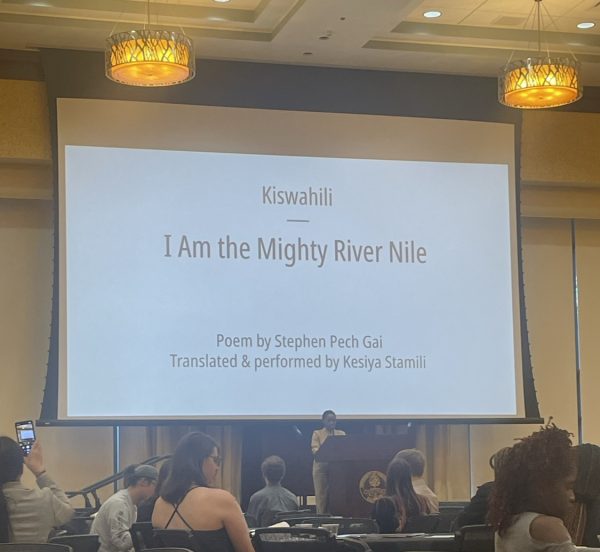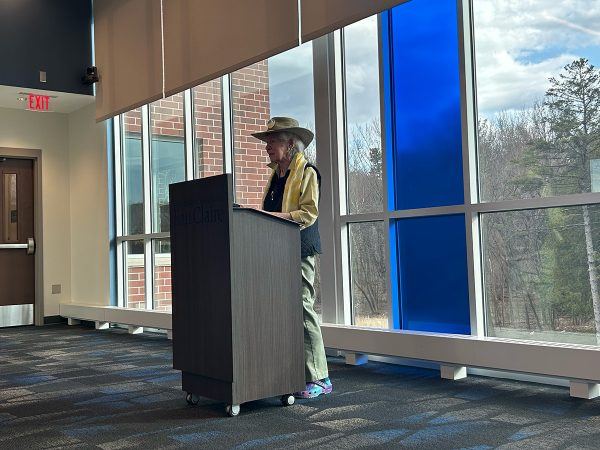The digital world’s impact on theatre attendance
Technology and social media it taking attention away from the arts
More stories from Alexandria Martin
Photo by Kendall Ruchti
Low attendance at theatre events is becoming a big issue. With technology and social media on the rise, people do not want to spend the money or put in the effort to attend events in person.
Arts and entertainment have been an enjoyment of many people around the world. Not only do big name stars blast through our radios and headphones everyday, but people are attending shows and supporting these well known performing acts.
Although this is the way it may look, many companies and acts are suffering because of low attendance rates. The lack of attendees results in less profit and can impact not only the people themselves, but the surrounding areas of which they’re known to be.
According to the The New York Times, attendance for Broadway shows fell 6 percent in the 2012-13 season, the lowest it’s been in 8 years.
In this digital age, many people are streaming Netflix on their phones as a way to pass time or use social media as entertainment, and this causes turmoil in the theatre industry. Because of how the online entertainment world has expanded, people’s attention is directed more toward their phones, computers and televisions. In turn, many Broadway shows have attendance numbers that are lower than expected.
According to Harvard Magazine, in 2009-10, the average age of a theatre-goer was around 48 years old. This is because many of the older folks are not as familiar with digital entertainment as the young generations are. Growing up, live shows were how their entertainment was provided.
One of the main causes of this issue is the price of tickets. The standard ticket price has raised over the years. In 1975, you could see a show with great seats for only $10. By 2008, the average ticket ranged from $86-400, according to the Harvard Magazine article.
Attendance within the film industry has also declined. According to theverge.com, the box office hit its lowest level in 19 years. Americans bought 1.26 billion movie tickets in 2014, but this is a 5 percent decline from the previous year, the largest year-to-year drop in over a decade. The website goes on to say industry experts project similar declines in total box office revenue, which paints a dire picture for the film industry at large.
“One of the reasons I attend some shows is because I have to for my music appreciation class,” said Alek Shipley, a freshman finance student. “Also, since my major is finance, shows do not pique my interest as much.”
Many students like Shipley are not as interested in shows, or do not have much time to attend.
This comes to show that because of how digitalized our entertainment industry has become, people are looking at convenience for their personal enjoyment. It’s a lot easier to pull out your laptop to watch a movie than paying $50 for a ticket to a Broadway show.
“I personally gravitate towards free stuff due to my budget,” Shipley said, “but I think one’s interest in paying to attend a show really depends on how much they are about the music or entertainment itself.”
The digital world has created a platform for easy access to entertainment. With broadway shows, I’ve seen many go live on television, such as The Sound of Music. Carrie Underwood, a big name country star was featured in this show, and that helped gain recognition.
Entertainment is an important part of creating a fun atmosphere for students and adults alike. Shows are lowering in attendance, and it’s important to realize this and see how we can change it.
Taking into account this digital crazed world, we need to balance out theatre and film ticket prices to try to attract to the average individual. Promoting shows, attending shows, and letting people on social media can help bring a boost into the entertainment industry, as ticket sales have been declining.

